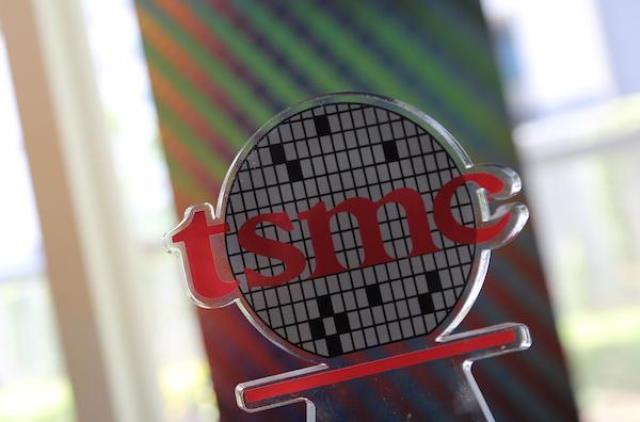Taiwan Semiconductor Manufacturing (TSMC) has increased its Capex plan for 2020, betting demand for 5G smartphones would add profits at the world’s top contract chipmaker, Reuters reported.
 TSMC has raised its estimate for capital expenditure to $15-16 billion for 2020, versus an earlier forecast of a level similar to its estimated Capex for 2019, which was $14-15 billion. TSMC spent $14.9 billion towards Capex in 2019.
TSMC has raised its estimate for capital expenditure to $15-16 billion for 2020, versus an earlier forecast of a level similar to its estimated Capex for 2019, which was $14-15 billion. TSMC spent $14.9 billion towards Capex in 2019.
Research firm IDC expects global smartphone shipments to grow at 1.5 percent to 1.4 billion units in 2020.
The latest IDC report indicated that 190 million 5G smartphones to ship in 2020, accounting for 14 percent of total smartphones shipped.
Accelerated 5G adoption globally will depend a lot on factors like the arrival of 5G networks, operator support, as well as substantial price reductions to offer more affordable 5G devices, said Sangeetika Srivastava, senior research analyst with IDC’s Worldwide Mobile Device Trackers.
Qualcomm, the world’s leading supplier of phone chips, earlier said it expects smartphone makers to ship 450 million 5G smartphones in 2021 and 750 million in 2022.
TSMC revenue
TSMC has clients like Apple, Qualcomm and Huawei. TSMC today said it expects revenue over January-March 2020 to reach $10.2 billion-$10.3 billion, versus $7.1 billion a year ago.
“Moving into first quarter 2020, despite mobile product seasonality, we anticipate our business to be supported by the continued ramp up of 5G smartphones,” TSMC Chief Financial Officer Wendell Huang said at a briefing on Thursday.
“The company sees any disruption will be short-lived and for example commented that smaller telco infrastructure suppliers can quickly pick up the shortfall if Huawei can’t deploy 5G as planned,” analysts at Bernstein wrote in a note.
Revenue rose 10.6 percent to $10.39 billion during the December quarter of 2019, versus the company’s estimate of $10.2 billion to $10.3 billion.
TSMC’s October-December net profit increased 16.1 percent to T$116.035 billion or $3.88 billion.
“Our fourth-quarter business benefited from demand for high-end smartphones, initial 5G deployment and high performance computing related applications using TSMC’s industry-leading 7-nanometer technology,” Wendell Huang said.
The 7-nanometer is one of the most advanced technology TSMC uses for its high-end semiconductors.
TSMC expects the global market for foundry chipmaking – contract chip manufacturing – to grow 17 percent this year, outstripping an 8 percent rise in the semiconductor market worldwide.





